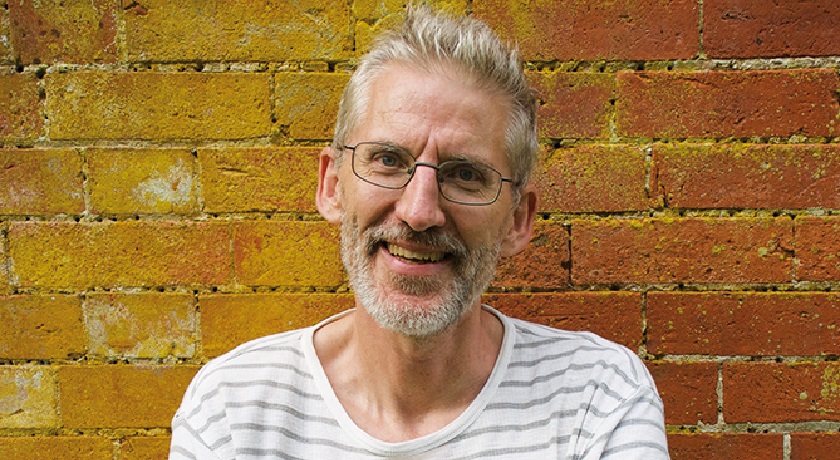 Though he has been listed by The Times as one of Britain’s most powerful lawyers, human rights champion Clive Stafford Smith, has never been paid by one of his hundreds of clients. He has devoted his career to defending people who have been sentenced to death in the US and to those held in Guantanamo Bay on accusations of terrorism.
Though he has been listed by The Times as one of Britain’s most powerful lawyers, human rights champion Clive Stafford Smith, has never been paid by one of his hundreds of clients. He has devoted his career to defending people who have been sentenced to death in the US and to those held in Guantanamo Bay on accusations of terrorism.
Reprieve, the organisation Mr Stafford Smith founded, provides free legal representation and investigations for those facing execution, torture and extrajudicial imprisonment. With the help of voluntary supporters, Reprieve also puts pressure on governments to tackle human rights abuses.
Reform spoke to Mr Stafford Smith at Greenbelt Festival, where he was speaking about continuing the work of Reprieve in the era of Trump.
When you became a lawyer, did you go straight into human rights work?
I only went to law school to do death penalty work. I wanted to be a journalist before that. I wanted to write the seminal book that was going to convince Americans of the error of their ways. Then I went to death row and met people who didn’t have the right to a lawyer. So I thought I would sink even lower in the public estimation and become a lawyer.
So you were saving one life at a time, rather than trying to transform the system?
The only way you can change the death penalty is through the stories of the individuals involved. If you’re campaigning, it’s not about saying something theoretical, it’s about telling stories.
What view do you have of humanity after all these years working with injustice and torture?
My view of humanity is very positive. One thing I love about doing capital trials is that you’ve got 12 people there, all of whom, in order to be on a capital jury, have got to swear up and down that they will impose the death sentence. So you’re facing 12 people who’ve said they want to kill someone. It’s all about finding the language they speak to get them to do the right thing. I love that, because you can find decency in everyone. Capital trials bring out the best in most people.
How successful have you been in your 400 death row cases?
Subscribe to Reform magazine to read the rest of this interview which appears in the December 2017 / January 2018 edition.
Picture: URC/Chris Andrews




